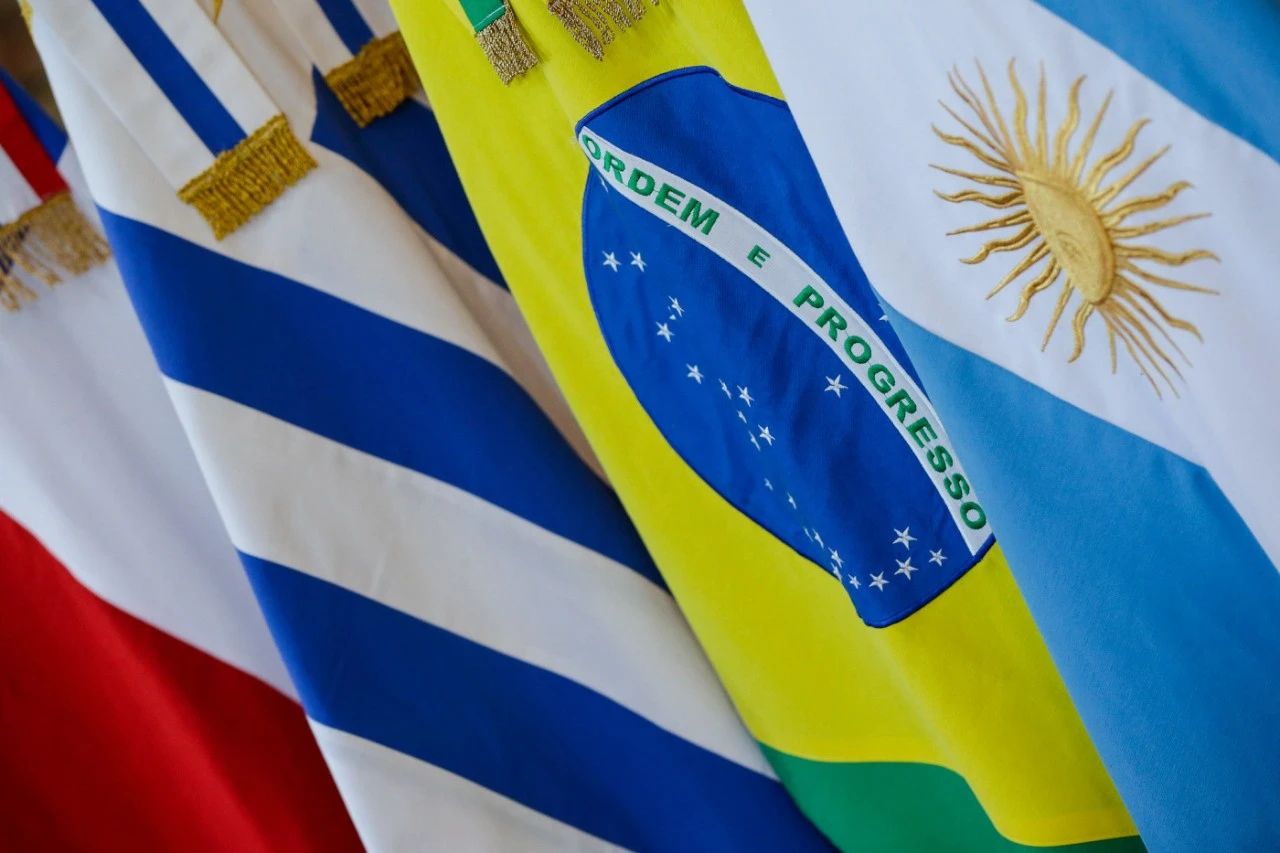
The member countries of Mercosur (including Brazil, Argentina, Uruguay, and Paraguay) are expected to conclude negotiations for a free trade agreement with the European Free Trade Association (EFTA) in the coming weeks, with plans to formally announce the agreement at the end of June or the beginning of July at the Mercosur summit in Argentina. EFTA is composed of four European countries: Switzerland, Norway, Iceland, and Liechtenstein.
Negotiations between the two sides have been progressing smoothly, with almost all chapters already settled. In a recent round of negotiations held in Buenos Aires last week, significant progress was made. Helene Budliger Artieda, the State Secretary for Economic Affairs of Switzerland, personally attended the meeting, indicating that the negotiations have entered the final sprint. With the escalating trade tensions triggered by the United States, the free trade agreement between EFTA and Mercosur has become particularly important.
Similar to the negotiations for the Mercosur-EU free trade agreement, this round of talks faced a series of challenges. In 2019, Mercosur and EFTA announced the completion of negotiations, but progress stalled due to environmental issues. The EFTA countries requested the addition of a supplementary protocol on environmental protection as a prerequisite for advancing the agreement.
Furthermore, with the inauguration of the Lula government in Brazil, the Brazilian side proposed revisions to the "government procurement" chapter. Brazil aimed to retain a certain policy space in public procurement to promote domestic industry development by supporting local businesses. After multiple rounds of negotiations, consensus was reached on this issue.
The agreement text is nearly finalized, with only a few technical details remaining to be worked out. Compared to the Mercosur-EU free trade agreement, the agreement between Mercosur and EFTA is expected to pass through the approval processes of each member country more swiftly after signing. This is due to the simpler approval process of EFTA's four member countries, which is far less complex than the approval process involving the 27 countries of the EU.
The conclusion of this agreement will further expand the export markets for South American countries, deepen cooperation with the European economic bloc, and help enhance economic complementarity and risk resilience between the two sides in the current uncertain global trade environment.
